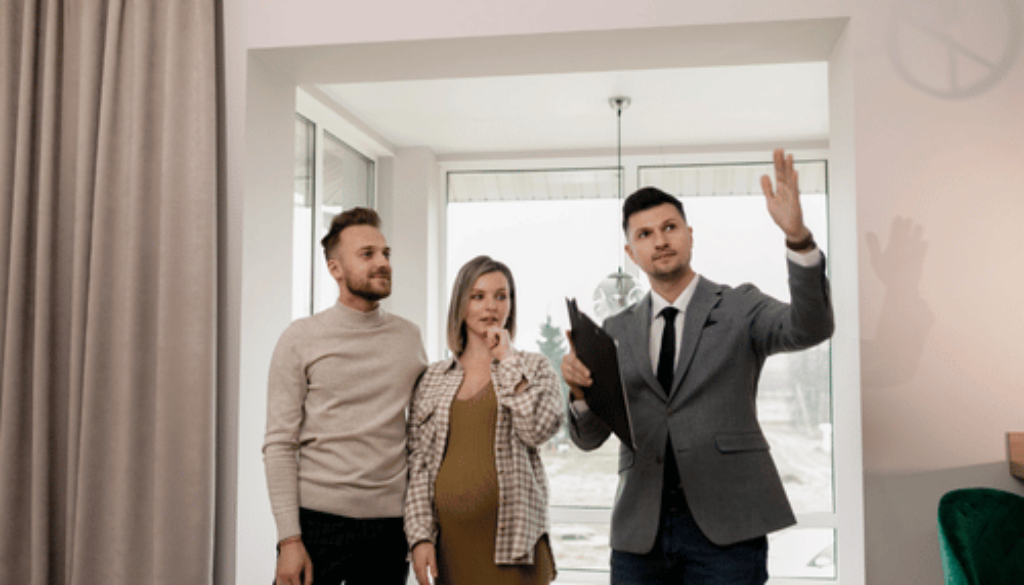Steps to Buying a Home in Virginia
Nuria Realty Buying Process, Real Estate
What You Need to Know
Buying a home is an exciting milestone, but it can also be overwhelming—especially if you’re unfamiliar with the process. Nuria Realty
Whether you’re a first-time buyer or a seasoned investor, understanding the home-buying steps in Virginia can help you navigate the market with confidence.
Step 1: Assess Your Financial Situation
Before you start house hunting, evaluate your budget. Consider factors like your credit score, debt-to-income ratio, and savings for a down payment. In Virginia, most lenders recommend a credit score of at least 620 for conventional loans, though government-backed loans may have more flexible requirements.
Step 2: Get Pre-Approved for a Mortgage
A mortgage pre-approval strengthens your buying position and helps define your budget. Work with a trusted lender to determine how much you can borrow and what loan options best suit your needs. Pre-approval letters also show sellers that you’re a serious buyer.
Step 3: Hire a Knowledgeable Real Estate Agent
A skilled local agent can guide you through the process, from finding the perfect home to negotiating the best deal. They understand Virginia’s housing market, legal requirements, and can connect you with trusted professionals like inspectors and mortgage brokers.
Step 4: Start House Hunting
Now comes the exciting part—finding your dream home! Make a list of must-have features, preferred neighborhoods, and budget constraints. Attend open houses and schedule private showings with your agent.
Step 5: Make an Offer and Negotiate
Once you find the right property, your agent will help you craft a competitive offer. Virginia’s real estate market can be competitive, so be prepared for negotiations. Offers typically include contingencies like home inspections and financing approval.
Step 6: Conduct a Home Inspection and Appraisal
After your offer is accepted, schedule a home inspection to assess the property’s condition. Lenders also require an appraisal to ensure the home’s value aligns with the loan amount. If issues arise, you may renegotiate or request repairs.
Step 7: Close the Deal
Once all conditions are met, you’ll proceed to closing. This includes signing legal documents, finalizing your mortgage, and paying closing costs (typically 2-5% of the home’s price). Once complete, you’ll receive the keys to your new home!
Final Thoughts
Buying a home in Virginia doesn’t have to be complicated when you have the right guidance. Whether you’re looking for a starter home or an investment property, working with an experienced real estate team ensures a smooth process.
Ready to start your home search? Contact our expert real estate advisor for a personalized consultation!




